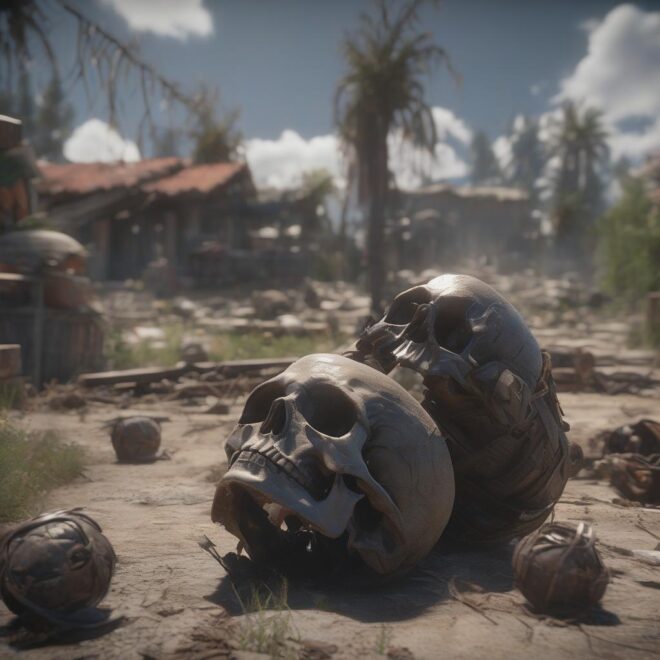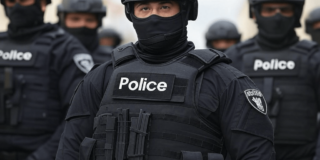
In recent years, the term “genocide” has evolved into a politically charged label, often manipulated to serve various agendas, while simultaneously overshadowing the painful realities that many communities face. The world’s refusal to universally acknowledge certain genocides raises critical questions about our collective morality, the integrity of our historical narratives, and the political implications of such acknowledgments.
Historically, some genocides have gained recognition and are often referred to as “politically correct.” The Armenian genocide and the Holocaust stand as prominent examples. These tragic events have been memorialized and integrated into the global consciousness, serving as reminders of humanity’s capacity for brutality and the necessity of remembrance and education to prevent future atrocities. However, the discourse surrounding these events often overshadows other genocides, particularly those committed against Indigenous peoples in the Americas and Australia.
The genocides experienced by Indigenous communities are not merely historical footnotes; they represent ongoing struggles for recognition, justice, and healing. The systematic erasure of cultures, languages, and identities through violence, displacement, and assimilation policies is a stark reminder of the enduring impact of colonialism. Yet, despite the overwhelming evidence and testimonies that illustrate these atrocities, many continue to grapple with the language and implications of calling these events what they truly are: genocide.
One particularly alarming aspect of this discourse is the politicisation of genocide acknowledgment. In contemporary society, calling out ongoing genocidal actions – such as those that have been live-streamed to our computers—can lead to accusations of antisemitism or other forms of discrimination. This reaction not only stifles critical conversations about current injustices but also creates an environment where victims of such atrocities are further marginalised. The fear of being labeled or ostracised for speaking out against these injustices can lead to a chilling effect on discourse, making it increasingly difficult for society to confront uncomfortable truths.
This dynamic raises an important question: What chance do we have of Australians, or indeed any society, coming to terms with a genocide that occurred over a century ago? The reluctance to acknowledge past atrocities is often rooted in a combination of historical amnesia, national identity, and political expediency. For many Australians, the acknowledgment of the genocide against Indigenous peoples may challenge foundational narratives about the nation’s history, complicating the sense of pride and unity that is often celebrated.
Moreover, the political landscape plays a crucial role in shaping the narratives we accept. Governments and institutions may selectively endorse certain historical interpretations while dismissing others, thereby reinforcing the status quo. This selective acknowledgment not only perpetuates injustices but also undermines the voices of those who continue to suffer the consequences of historical atrocities.
It is essential for us to engage in honest and open discourse about these difficult subjects. Recognising the genocides of the past, including those against Indigenous peoples, is not merely an academic exercise; it is a necessary step toward healing and reconciliation. We must confront the uncomfortable truths of our history, allowing for a more inclusive narrative that honors all victims of genocide, regardless of their background or the political implications of their suffering.
The term “genocide” should not be relegated to a political weapon, but rather embraced as a solemn reminder of our shared humanity. As we navigate the complexities of historical acknowledgment and contemporary injustices, we must strive for a world where truth and empathy prevail over political convenience. Only through genuine recognition and dialogue can we hope to create a future that honours the dignity of all peoples and prevents the horrors of the past from being repeated.


